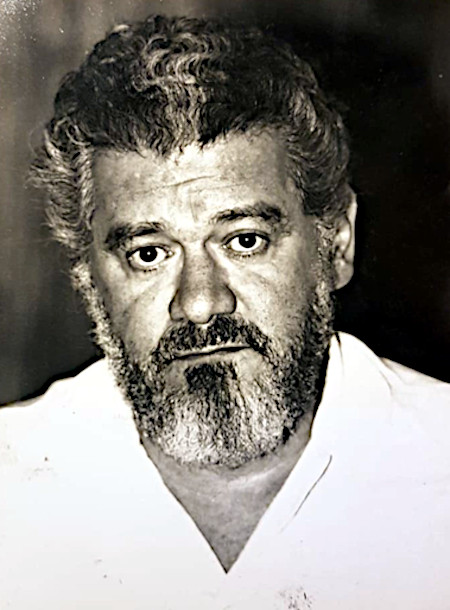Pedro Saad Herrería (Guayaquil, September 16, 1940 – Quito, June 6, 2014), was an Ecuadorian writer, filmmaker, politician, diplomat, historian and journalist. He was the son of Ecuador’s communist party leader, Pedro Saad Niyaim. He authored several books, such as “Historias del pueblo de Guayaquil” (2010), “Ecuador un país en imágenes/Ecuador a Country in Images” (2002, in Spanish/English bilingual edition), and “La caída de Abdalá” (1997), among others. In April 2014, Saad was honored by the Voltaire Masonic Lodge at the House of Ecuadorian Culture in Quito with the Cultural Merit Medal for his extensive and prolific intellectual career.
Politics
In politics, Saad was a militant of the Democratic Left (ID), he was also Secretary of Information in the government of President Rodrigo Borja Cevallos (1988-1992) and held the position of advisor to President Alfredo Palacio, he also served as Minister of Economy and diplomat.
Death
Saad’s health deteriorated after years of living with a chronic lung disease that worsened, prompting him to launch an anti-tobacco campaign. He died in Quito on the morning of Friday, June 6, 2014, at the age of 73, from a cardiac arrest. His remains were cremated that night and transferred to the Benjamin Carrión Room of the House of Ecuadorian Culture in Quito, where he received several tributes.
Interview with Pedro Saad Herrería on the program La Caja de Pandora
Homage to Pedro Saad Herrería
Selected works
- La caída de Abdalá: un análisis actual (1997)
- Ecuador, a country in images (2002, Spanish/English bilingual edition), you may read it for free here.
- La caída de Mahuad (2000)
- Toda la verdad sobre las armas del Cenepa (2000)
- El libro negro de Lucio Gutiérrez: enero 2003/abril 2005 (2005)
- La caída de Lucio: corajudos, jóvenes y forajidos (2005)
- Veinticinco años de democracia en Ecuador (1979-2004) (2005)
- Manuela Libertad (1983)
- Historias del pueblo de Guayaquil (2010)

